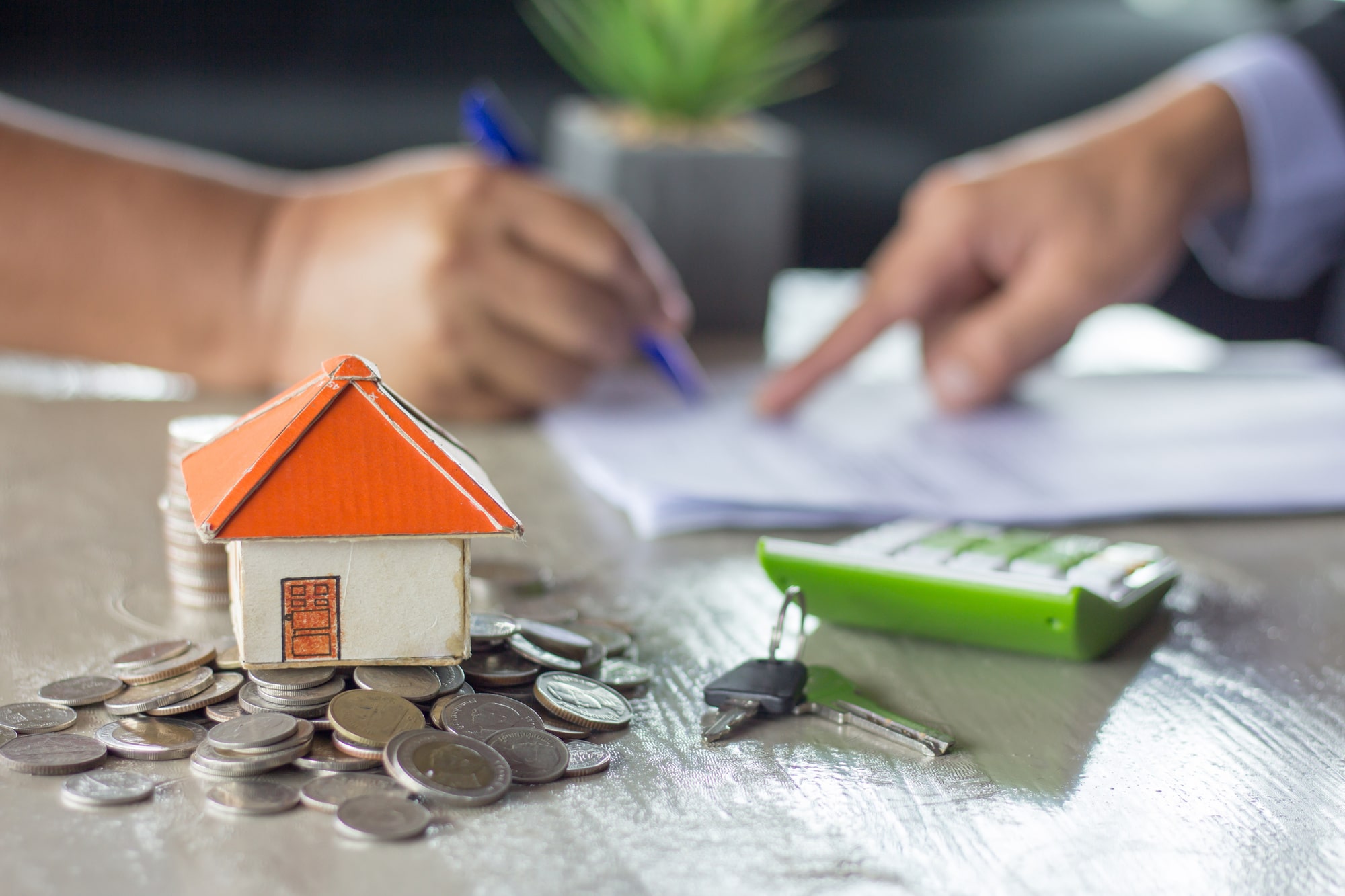According to a recent study by Florida Atlantic University, rents in the Orlando area remain 11% higher than they were last year, despite a small price drop last month.
So, if you have an investment property in Kissimmee, it's still a good idea to rent it to those in need of accommodation. Yet, many homeowners are hesitant to rent their properties due to fears of tenant neglect or damages to their investment.
The only way to prevent this is with regular rental property inspections. Find out why they're so important, here.
1. Florida Rental Property Inspections Protect Your Investment
Under Florida law, landlords may enter a property to protect or preserve the premises.
This highlights the major purpose of a property inspection. This is to ensure your tenants aren't violating their lease by damaging or neglecting the rental property in any way.
In cases where they haven't kept up their end of the deal and then move out, you can deduct money from their security deposit to pay for the repairs.
You must document the condition of your home before tenants move in and check up on it regularly. Otherwise, you'll have no recourse if they institute legal proceedings against you for withholding their deposit.
2. Rental Property Inspections Save You Money
Small maintenance issues with a property can become big, expensive repairs over time. During an inspection, you might notice rental property maintenance issues that need attention.
Acting quickly in these cases can save you thousands of dollars down the line. When you inspect the premises regularly, you can more easily stay up to date with maintenance and repair priorities.
Experienced Kissimmee property managers inspect rental properties once every six months, so you should take your lead from them.
3. What's Involved in a Rental Property Inspection?
There are four main types of inspections involved in owning a rental property. These are:
Move-in Inspections
During this visit, you'll go through the property with your new tenant and make detailed notes about the condition of the property. It's a good chance to discuss your expectations regarding the upkeep of the home and outline your roles in this.
You must compile a checklist of things like faucets, appliances, doors, walls, windows, appliances, and light fixtures. Make a note of their current condition and take photographs if necessary.
Ask your tenant to sign this document.
Move-Out Inspections
During the move-out inspection, you'll use your move-in checklist as a measure of how well the tenant has maintained your home. Make a note of any discrepancies and discuss the cost of the repairs with your tenant.
You'll need their permission to deduct these amounts from their security deposit unless they abandon the home without notifying you.
You must get the tenant to sign this inspection to prove they agree with any shortcomings.
Seasonal Inspections
These inspections are important for staying on top of your property maintenance. They can remind you of the need to weather water pipes in winter or replace damaged gutters before the rainy season.
Drive-by Inspections
Occasional drive-by inspections can reveal lease violations since they require no prior notice. They're a good opportunity to reveal the presence of unauthorized guests or extra tenants.
Eliminate Your Property Hassles
If you live far from your rental property or have more than one tenant-occupied building, rental property inspections can quickly become a time-consuming burden.
Hiring a property manager is the best way to alleviate the hassles and expenses.
We can assist you with all your investment property needs. Get in touch and let's discuss your property goals.



